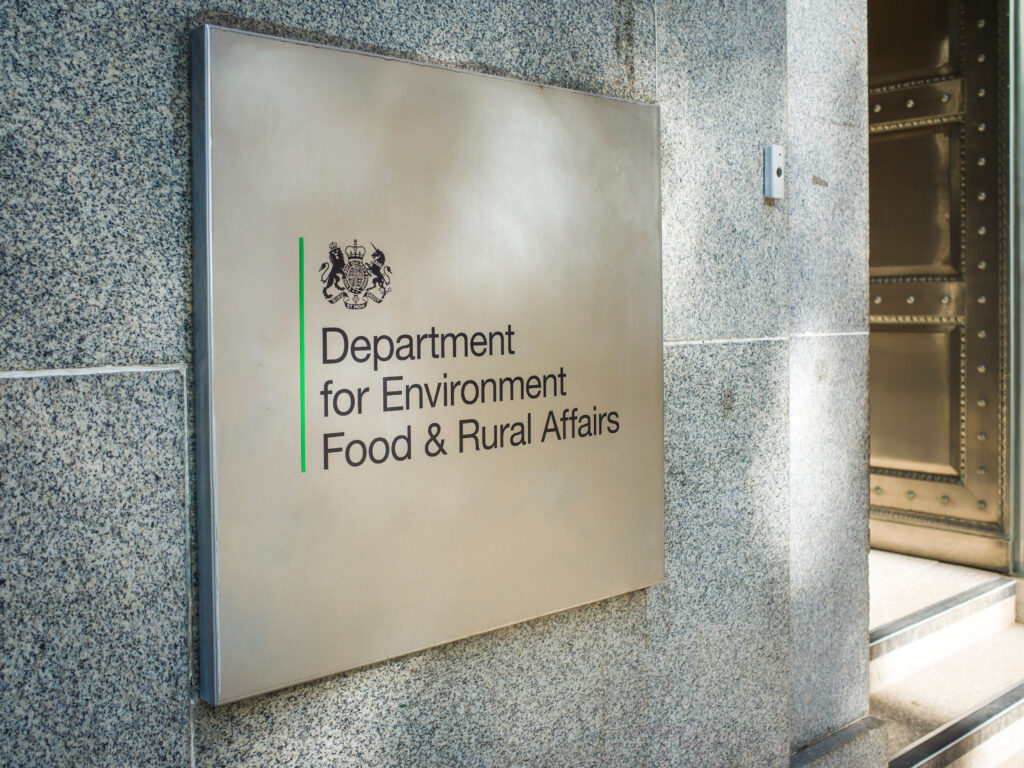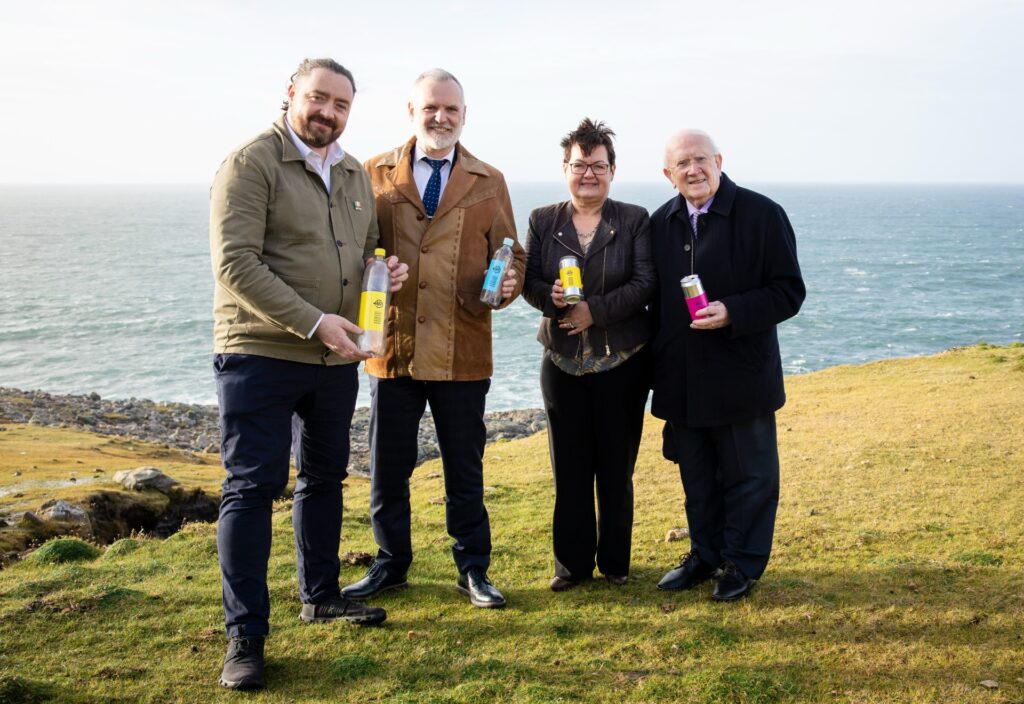The announcement marks a key milestone in the roll-out of the UK-wide Digital Waste Tracking Service, with Defra setting out a firm timeline for implementation and clarifying which operators will be affected in the initial phase.
Timetable confirmed
According to the update, permitted and licensed waste receiving sites will be the first to come under mandatory obligations. These sites must begin recording all waste movements digitally via the service from October 2026.
Ahead of that, a private beta phase will begin in Autumn 2025, allowing selected operators to test the system. A public beta, open to all permitted/licensed sites, will follow in spring 2026.
By April 2027, the service will expand to include a broader range of organisations, including waste carriers, brokers and dealers, as well as operators working under registered waste exemptions. Defra has said further detail on which activities and sectors will be included in this second wave will be published by September 2025.
Exemptions and scope
Defra confirmed that household waste collections and deliveries to household waste recycling centres (HWRCs) will remain out of scope. The focus remains on commercial and regulated waste activities, with data entry required for all movements into permitted sites.
Operators will be expected to record specific information for each movement, including:
- Waste classification codes (EWC and SIC),
- Unique movement references,
- Details of receiving and dispatching parties,
- Treatment outcomes and end destinations.
Digital options and support
The system will support data submission via API integrations, enabling businesses to link their existing software. Manual input options will remain available, along with CSV uploads, to support smaller or less digitally advanced operators.
Acknowledging the challenges some operators may face, Defra has pledged to provide alternative submission routes for those who are digitally excluded. Legislation to permit these alternatives will be in place ahead of the 2026 rollout.
Charges under review
Defra reiterated that the service will be funded through user charges, but said pricing is still being finalised. The aim is to keep costs proportionate, with early adopters not expected to carry an unfair burden.
A finalised cost recovery model is expected ahead of the mandatory rollout next year.
Next steps
Defra will now begin working more closely with industry stakeholders, launching engagement sessions over the coming months to gather feedback and prepare the sector for the transition.
A technical working group will also be formed to support API development and integration testing. Permitting legislation to enable the new system is expected to be laid in early 2026, with mandatory use locked in from October that year.
David Gudgeon, head of external affairs at Reconomy Connect, said: “The clarity around phased implementation is welcome and provides a crucial opportunity for waste operators and processors to prepare for one of the most significant digital transformations the sector has ever seen.
“As we move towards mandatory compliance in October 2026, it’s essential that receivers of all sizes are fully supported to engage with the system, test it, and build it into their operations.
“We now look forward to further clarity on what will fall under ‘waste receiving sites’ and the service fee model – both of which will be critical to ensuring DWT delivers on its potential to reduce waste crime, drive materials up the waste hierarchy, and turbocharge the UK’s transition to a circular economy.”









Subscribe for free